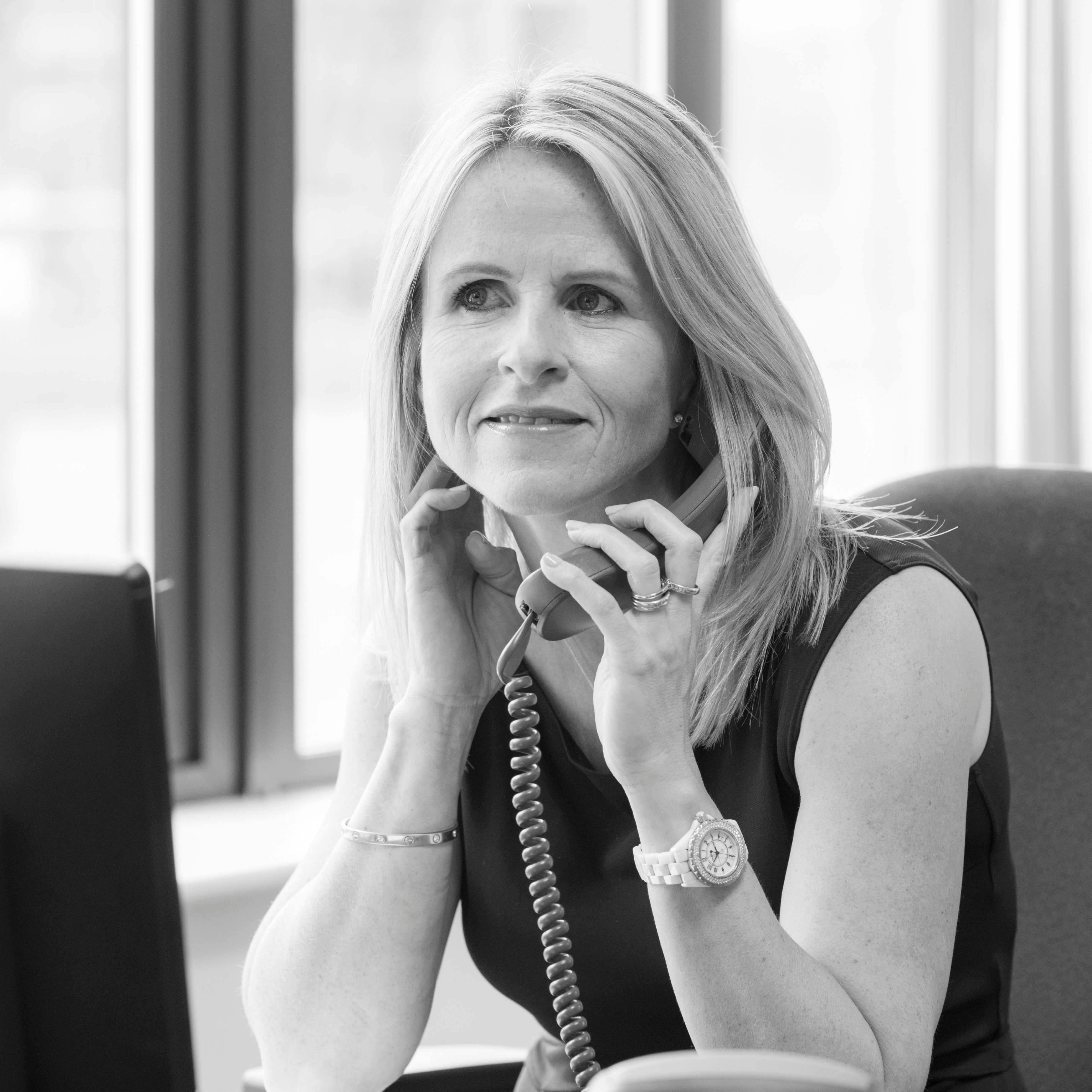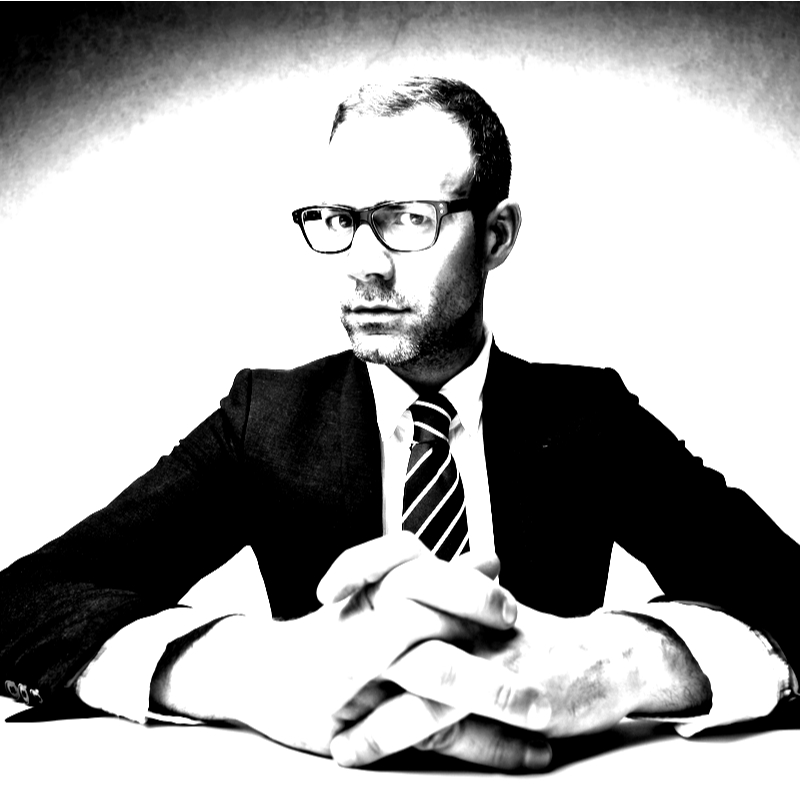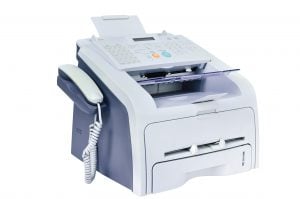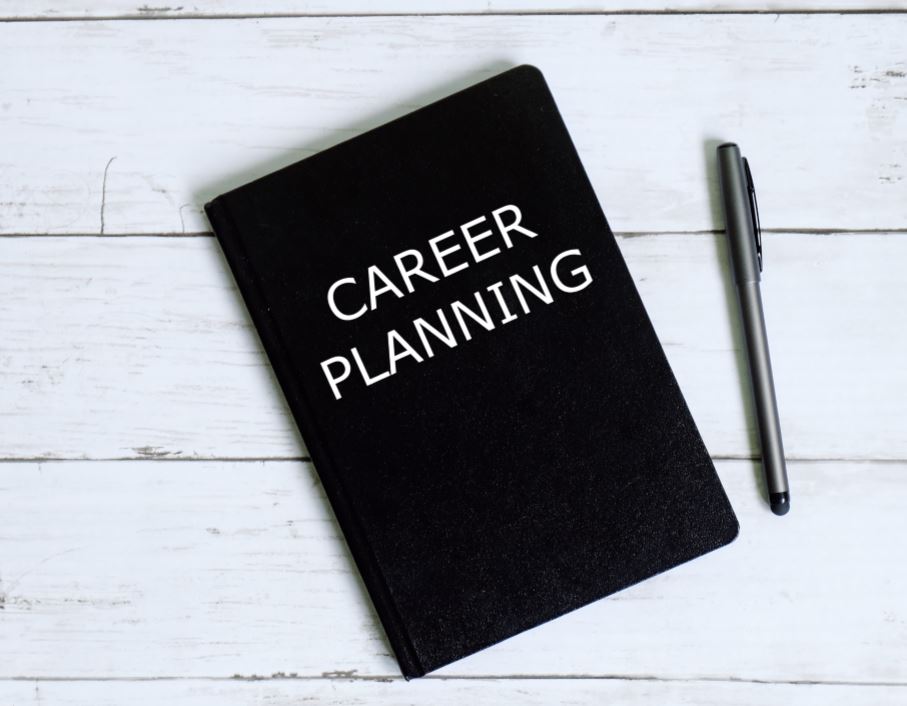A job interview is a big deal.
It can be extremely nerve-racking, and when you're nervous, it's hard to be at your best. So we wanted to share this advice so you can present yourself well on the big day.
Preparing For The Interview
1. Research The Company
Know why you want to work for this particular employer, what the company does and a little of its history.
A serious job applicant will be informed. Google can help you with this.
2. Prepare Your Answers
The company wants to get to know you and that is the purpose of the interview. They want to see if you would be a good fit for their business, so they will ask you a variety of questions to get you talking.
Our strong advice is to prepare your answers in advance and then rehearse them out loud. This will significantly enhance your performance in the interview room and reduce your nerves.
Here are some typical questions, with our comments:
-
"Tell me about yourself." - they mostly want to hear a career-related answer, with a little bit of personal information.
-
"Why do you want to work for us?" - be truthful but also remember they are looking for a value-adding employee.
-
"What makes you a good fit for this job?"
-
"How would your workmates describe you?"
-
"Why did you leave your last job?" - do not criticise your past employers.
-
"Where do you see yourself in 5 years?" - they want to see some ambition but not too much.
-
"What salary do you expect?" - they are checking to see if you know the industry pay rate. You're not negotiating.
These are challenging questions so be sure to spend the time to craft good answers.
3. Prepare Your Questions
Towards the end of your interview time slot, they are likely to ask: "Do you have any questions?".
Don't ask about holidays or employee benefits, ask something about the job. You could ask what training they provide or about career development paths. Prepare several questions about the company and several more about the job.
By the way, it's okay to take notes in with you, including your CV. It shows preparation and forethought. If all your issues were covered by the time the interviewer asks if you have any questions, you can say, "I was going to ask about X and Y but we've addressed those already."
Yes, it's quite okay to ask your questions as the interview proceeds. You don't need to wait till the end. It's a discussion, not an interrogation - even though it might feel that way.
4. Preparing To Handle Difficult Questions
You can expect to be asked some awkward questions, such as "What are your weaknesses?"
During your preparation, identify a minor weakness (or two) that you have and how you minimize its impact. For example, if you were given five things to do, you might forget one of them so you carry a pocket notebook.
If you have a disability or a poor exam result, it's best to say so early in the interview, so you can focus on your strengths as the appointment proceeds.
5. Take a Positive Mindset into The Interview
Although it's normal to worry, an interview is really a conversation about one possible future for you. Thinking of it that way, try to relax so the real you comes out. But not the unprepared you.
Long before the big day, identify what you can bring to the company, and so why they should hire you. It will probably be a combination of your experience, education, skills and attitudes. Don't skimp with this part of your preparation as this question will play a big role in their final hiring decision.
Companies only want to hire assets, so your job is to show them how and why you will be a productive asset. In other words, you are selling yourself, but don't go overboard because nobody likes an over-inflated ego.
The best candidates have a genuine interest in the company and they show it. So during your research, find two positive things about the company and be ready to inject them into the conversation.
On the Big Day...
6. Dress Appropriately and Arrive Early
First impressions count, so dress smartly and conservatively.
Plan your travel so you arrive early and relaxed, even if there are transport delays. Have your mobile phone charged, then turn it off as you enter the building.
7. Let Your Body Language Help, not Hinder
As well as dressing appropriately, you'll feel stronger and more self-assured if you stand in the waiting room rather than sit down and slump. Deep breathing can help settle your nerves.
When the interviewer arrives, greet him or her with a firm handshake. Smile and be ready to engage in pleasant small talk (have a few ideas in mind) until the recruiter moves the conversation into the questions, because during that chit-chat time the company is gaining important insights about how you would fit into their social scene.
During the interview, sit upright with your shoulders back. This is the time to be sharp minded so you might want to avoid leaning back into the chair in case you relax a little too much. Maintaining good natural eye contact is a plus too.
Don't hide your hands under the table. Researchers say that having your hands visible indicates your honesty.
8. When You are Answering their Questions
Enjoy yourself. Answer in a natural manner (not stilted because you're trying to remember the script you wrote). It's okay to pause to gather your thoughts.
They know most candidates are uptight and they take that into account, so don't worry about the odd stumble. Recover and keep going. At the end, shake hands and thank the interviewer by name.
After the Interview
Immediately afterwards, thank the interviewer. Apart from it being a courtesy, your message will keep you in the interviewer's mind and if they are trying to choose between you and another candidate, your parting comments could be the one sparkler that makes the difference.
Can we help? We have placed and filled over 100,000 temp and permanent assignments over the last 30 years so have a range of techniques, ideas and platforms which could help you. Why not call us on 0113 367 2880 to have a conversation with one of our team. Alternatively drop us an email here or check out our Testimonials and Case Studies.









.png)








.png)






